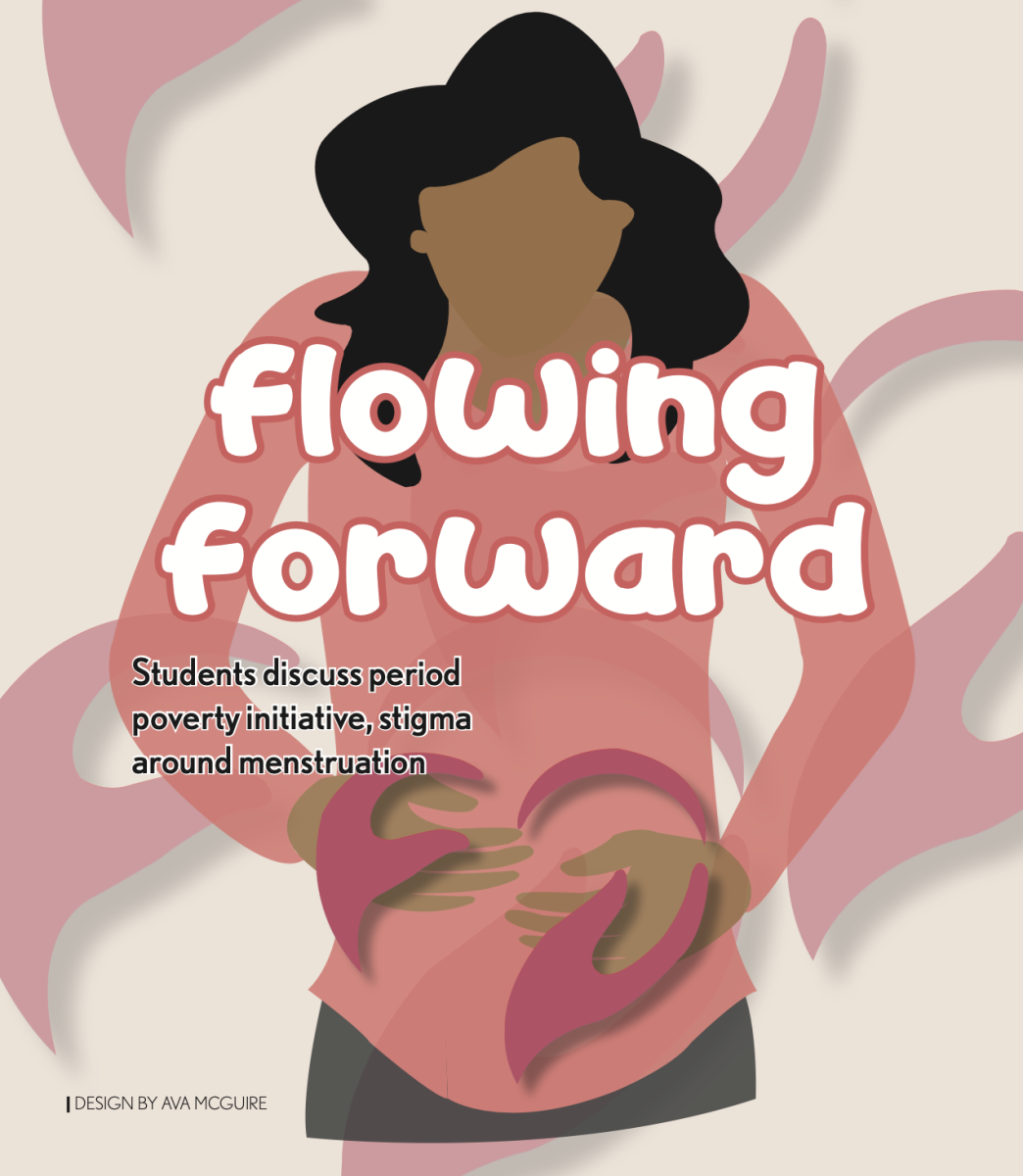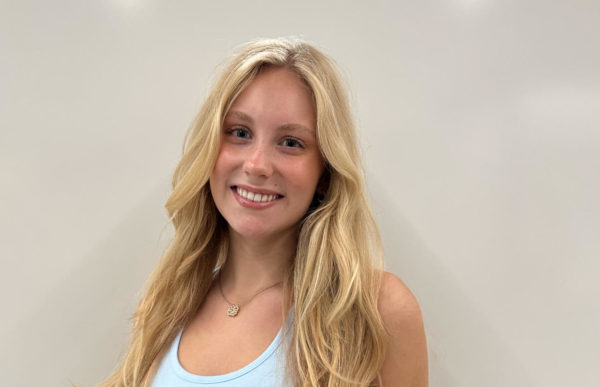Period poverty: the lack of access to menstruation products and education. According to the National Institute of Health, roughly 500 million women in the United States have insufficient access to menstrual products. For juniors Sarah Ye, Trisha Rastogi and Neha Katakamshetty, this fact left them feeling disheartened.
After doing much research into the topic and gathering inspiration from other period equity programs, the girls came together to create their own organization: Flow Forward Foundation.
“[Period poverty] is an acute public health crisis,” Rastogi said. “Sara, Neha and I had discussed wanting to do something to benefit our community through high school, especially after doing research to see how period poverty specifically impacted Kansas City.”
The foundation is dedicated to providing menstrual equity and alleviating the burden of period poverty in low-income populations in the KC area. Additionally, they hope to reach beyond KC in the future.
Ye remarked that throughout her community, she has noticed that many public restrooms are seldom stocked with period products.
This roused the idea that if these products are not provided adequately in an area like Johnson County, areas under the poverty line have no better chance of having the resources to provide their menstruating citizens with proper sanitation materials.
“I know many girls have experienced when you don’t have access — imagine not having access every day,” Rastogi said. “Going through that thought process of ‘What do I have to sacrifice? It shocked me that [one might] have to choose between food or menstrual products. That often impedes you from being able to manage your period first of all safely and second of all with dignity.”
Focusing on menstrual education is also a primary focus of Flow Forward Foundation.
“Period poverty is currently one of the most pressing global health crises, but there’s not a lot of research surrounding it, partially due to the stigma,” Ye said. “A lot of girls receive a little bit of education about menstruation and it’s mostly just like ‘menstruation happens to you.’ That’s it.” Katakamshetty said the trio said period education is important.
“Not a lot of girls and women learn how to manage their periods,” she said. “We want to help reach out to girls and help educate them on how to manage their periods safely.”
A crucial part of their foundation is finding beneficiaries and new growth opportunities.
“We want to expand and become a subsidiary of a larger nonprofit organization,” Ye said. “Becoming a subsidiary would help us reach more people and spread our outreach.”
Children’s Mercy and Hope House have begun to support Flow Forward Foundation, and in turn, Flow Forward Foundation provides menstruation outreach to those organizations.
For now, Flow Forward Foundation will mainly focus its efforts at BV, starting with a period product drive in September.
“We hope to host that in our school — we’re working on a time frame that is probably going to be from Sept. 10-16,” Ye said. “We’re trying to get multiple locations like the community library and other centers.”
With the foundation, they have one main goal.
“We’re trying to create change.” Rastogi said.




